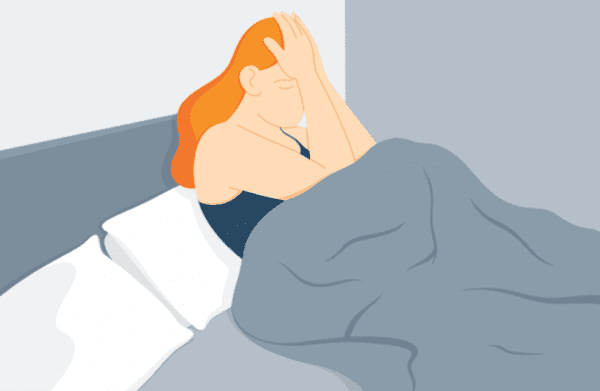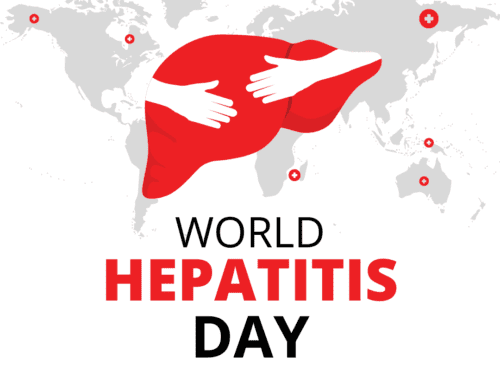Did you know that trouble concentrating, headaches, urinating frequently at night, and many other symptoms can be caused by sleep apnea? Unfortunately, sleep apnea is often misdiagnosed in women.
Learn about sleep apnea and signs that it might be affecting your health.

Who gets sleep apnea?
Both men and women can have sleep apnea. Sleep apnea is commonly under-diagnosed in women because they do not present with “typical” symptoms. Often, women’s concerns are “dismissed” by their physician. Some doctors may have preconceived notions about what a typical sleep apnea patient looks like, and may overlook the reported symptoms by women when they don’t fit the common portrait. Education is key and allows women to advocate for their own health care needs.
What are the symptoms of sleep apnea?
Snoring is the most obvious sign but it is more common in men. Other signs and symptoms of OSA (Obstructive Sleep Apnea) include:
- Daytime sleepiness or fatigue
- Restlessness during sleep, frequent nighttime awakenings
- Sudden awakenings with a sensation of gasping or choking
- Dry mouth or sore throat upon awakening
- Cognitive impairment, such as trouble concentrating, forgetfulness or irritability
- Mood disturbances (often dismissed as depression or anxiety which can co-exist with sleep apnea)
- Night sweats
- Frequent nighttime urination
- Sexual dysfunction
- Headaches
How is sleep apnea diagnosed?
Speak with your primary care physician about your symptoms. If your doctor determines that you have symptoms suggestive of sleep apnea, you may be asked to have a sleep evaluation with a sleep specialist or an overnight sleep study to objectively evaluate for sleep apnea.
How is sleep apnea treated?
The treatment for sleep apnea is extremely individualized and based on the underlying cause for the sleep apnea. Most commonly the cause of the obstruction to the airway is treated. In a many cases the airway obstruction can be relieved with conservative therapies targeting the underlying cause.
These may include:
- Weight loss
- Sleep position changes
- Treatment for underlying sinus or nasal congestion
Additional therapies utilized (based on the underlying cause of the sleep apnea) include:
- CPAP (continuous positive airway pressure) machines or other mechanical therapy
- Dental appliances that keep the airway open
- Surgical procedures are usually reserved for unresponsive cases
Diagnosis and treatment for sleep apnea are important for your long term health. If you are looking for a physician who spends the time required to evaluate your health concerns and will get to the root of the your health care needs, schedule a FREE “Meet and Greet” at Roots Health DPC.
We are now accepting new patients and would love the privilege of serving you in our clinic.





